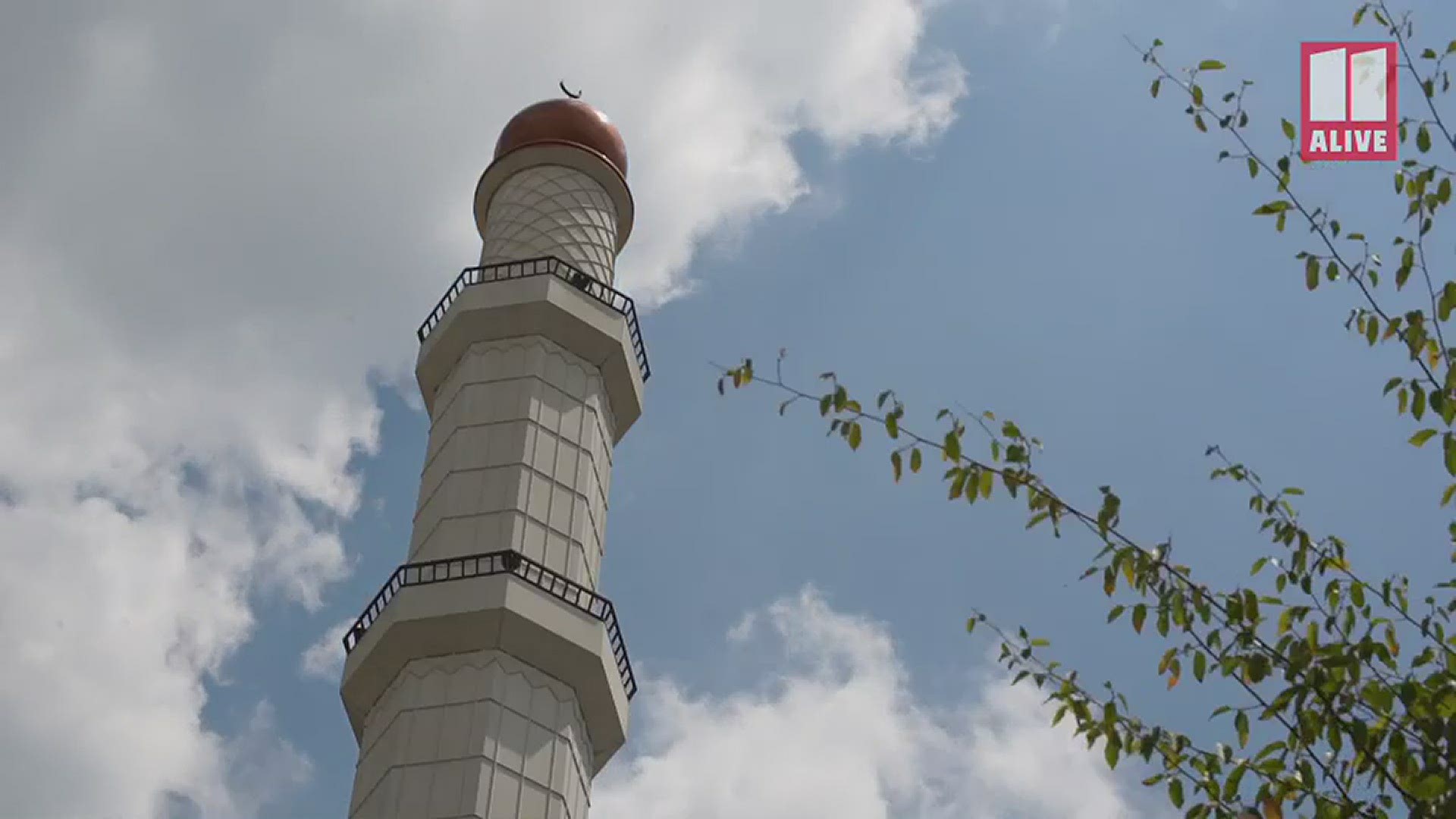ATLANTA — In times of crisis, faith-based organizations and their leaders often play an important role. They aid the poor, provide a glimpse of understanding, and give hope to the hopeless.
Faith leaders continue to offer this source of comfort and community during the pandemic -- but it's different now.
“People are feeling isolated. People are dealing with depression, they are worried, and afraid. And where do they often take that? To their faith leaders. They ask us for prayer. They ask us for advice. They ask us, ‘What is God saying?’,” said Dr. Toni Alvarado.
Dr. Alvarado is the co-pastor of Grace Church International in Atlanta, Georgia and Rex, Georgia. She works side by side with her husband, Bishop Johnathan E. Alvarado, preaching, teaching, and leading their congregation.
Rabbi Peter Berg is the senior rabbi at The Temple and Faheed Ali Muwwakkil is the Amir and founder of Masjid Ash-Shura. Both are located in Atlanta, Georgia.
These three faith leaders agree that human touch and connection are key components to their practice.
“You know, as Muslims, our religion calls us to get real close, even in prayer, in congregation. And because of the virus, we’re not able to do that,” said Amir Faheed.
“At the conclusion of the Shabbat service, for example, people gather, and they hug and eat and drink,” said Rabbi Berg, “Human touch is important to every tradition, and to human beings, and we’ve just lost that.”
Dr. Alvarado explained the function of laying hands on people as being one that helps strengthen their community.
“We put hands on people when they’re sick. We pray for them by putting hands on them. When we dedicate babies, we hold the babies. When we baptize, we immerse in water,” said Dr. Alvarado.
They’ve all had to adapt how they minister to their members amid the virus.
“I’ve learned how to do Zoom conversations in the hospital – in a COVID ward in the hospital. But it can’t replace being there in person,” said Rabbi Berg.
Their goal is to still be caregivers while trying to mitigate the spread of the disease. That sometimes means limiting outreach.
“We used to feed the homeless. We used to go out Sundays downtown and feed the homeless, and we don’t do that anymore,” explains Amir Faheed.
All three leaders say that tending to their lost congregates and their families has been one of their biggest hurdles over the past few months.
“To not be able to gather at a funeral…I mean, we gather before, during, and after the funeral,” said Dr. Alvarado, “The emotional healing that takes place, the spiritual healing that takes place from the community, I’m afraid it’s lacking.”
Rabbi Berg said his duties have expanded since COVID-19.
“I think faith leaders have this dual role right now. We’re trying to take care of our families and we’re trying to take care of our flock, our congregations,” said Rabbi Berg.
Faith leaders bare the task of being counselors and beacons of hope for their communities. Dr. Alvarado said this role is oftentimes a lot to take on.
“The weight of it is heavy. The mental toll, the physical toll, the spiritual toll, it’s heavy. It’s very real,” said Dr. Alvarado.
However, they will continue to face the challenges that come with maintaining community morale and unity because it’s what they’ve been called to do.
“We believe that nothing happens unless God allows it. So there’s an adjustment to it,” said Amir Faheed.
“Anyone who signs up to be clergy, of any faith or denomination, has to love what they do. And I do,” said Rabbi Berg.
“We are all experiencing this: in business, in our homes, and in the faith community. We are all in this together,” said Dr. Alvarado.
MORE HEADLINES |

